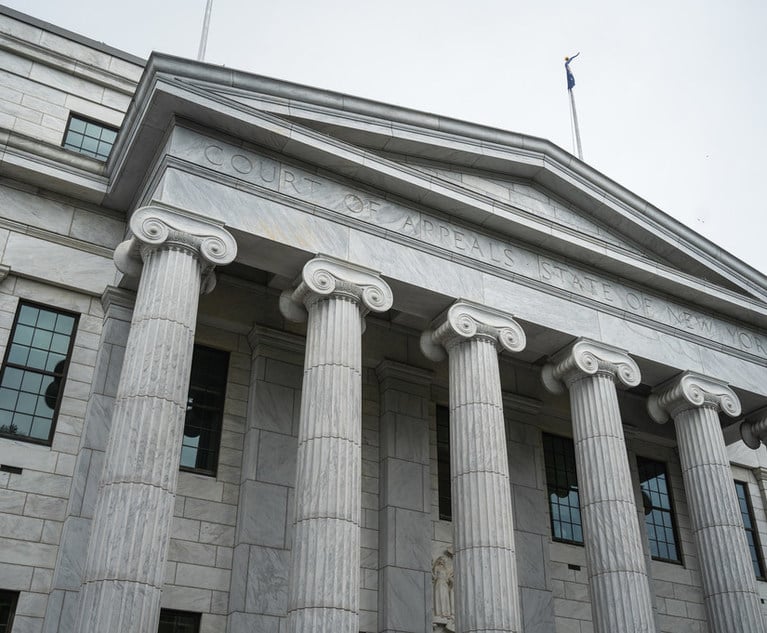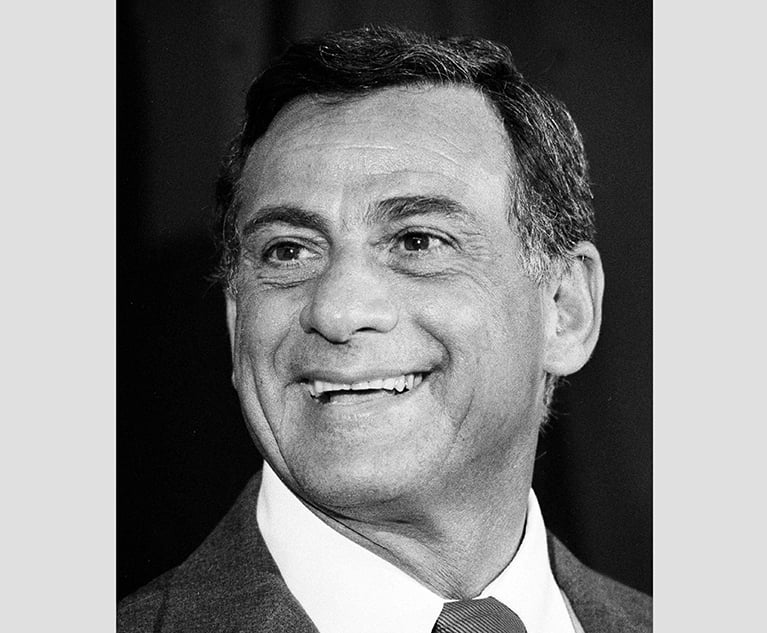Some might have titled this essay differently. They might call it, “May Judges Use Their Robes To Make Things Right?” Wouldn’t the world, after all, some would argue, be a better place if a “society’s ombudsman” of sorts dressed in black robes—could determine every case’s outcome in Voltairian “best of all possible worlds” terms? Judges capable of truly looking at cases from both sides who somehow could always undo wrongs that needed to be righted.
“Knight-errant”! A term brought to the fore by the greatest common law judge in American history, Benjamin N. Cardozo. As he, seemingly opposed to this hypothetical Voltairian judge, oh-so-poetically, put it: A judge “is not a knight-errant, roaming at will in pursuit of his [or her] own ideal of beauty or goodness.”


 Kzenon/Shutterstock.com
Kzenon/Shutterstock.com




